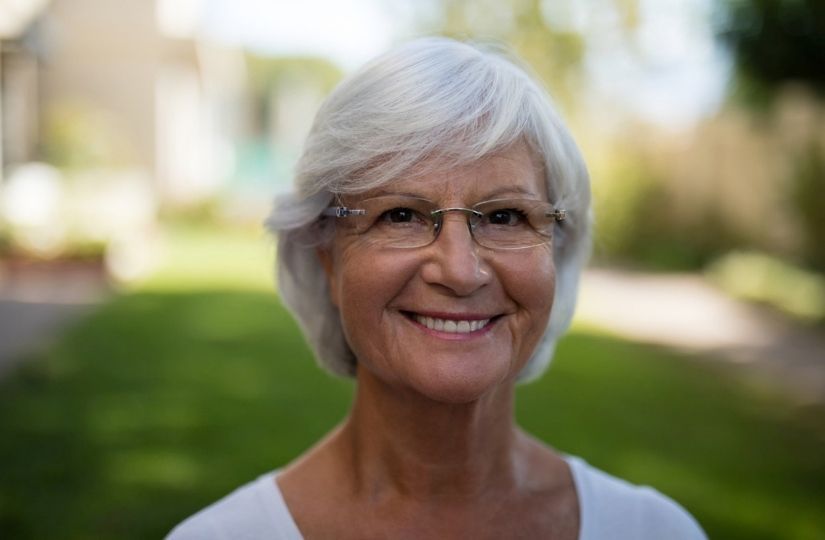
Health Benefits of Volunteering For Seniors
The benefits of volunteering for people of all ages in terms of social, emotional, and physical well-being are numerous. These advantages are especially apparent for the elderly, who have more free time, are less physically active, and often live alone. According to several studies, volunteers have a longer life expectancy, and this is due to a combination of several things that we’ll go over here.
It’s Beneficial to Society
Staying social is one of the most challenging tasks for older people, particularly after retirement. According to Forbes, isolation occurs when seniors have no interaction with adult children, extended family, or friends. According to the AARP, up to 17% of Americans aged 55 and up could be socially isolated. The fundamental problems that arise from being alone, according to Forbes, include a higher risk of death, higher medical costs, and a higher chance of contracting a disease. Even if it’s only for a few hours a week, volunteering can help older adults feel less alone. Volunteering for various nonprofit organizations or religious groups, and museums is an excellent way to meet people from all walks of life.
Improves Your Mental Cognition
Volunteering is a fantastic way to pick up a new experience that your prior decades of employment may not have given you. Perhaps you had an interest in aquatics and sea life, for example. You could volunteer at an aquarium to learn more. This knowledge contributes to the previously stated cognitive health benefits and higher quality of life from volunteering.
The Enjoyment of Keeping Busy
While retirement is an exciting and liberating period, you will find it difficult to fill your time with activities. Becoming a volunteer can get you out of the house a few days a week and allow you to engage socially. But the best part is that it’s something you do on your own time! Volunteering also provides you with plenty to anticipate and may feel excited to get out of bed in the morning.
Volunteering may appeal to seniors for various reasons, including the opportunity to spend time with grandchildren at school or religious gatherings. Any reason to volunteer, however, is a good reason!
As people age, developing cognitive problems, memory loss, and motor function diseases increases. Staying healthy and utilizing the brain are two things that will help delay the progression of these diseases. Volunteering allows you to interact with other people, stimulating your brain and keeping your overall cognitive functions engaged. According to one report, during their first year of volunteering, 70% of older adults experiencing five or more symptoms of cognitive decline saw a reduction in those symptoms.
Feeling Appreciated
Volunteering helps you to give back to your community, which is something that feels good for everyone. The abundance of information that an older person possesses can set them apart from other people. Assume you worked for a nonprofit for 50 years, feeding the needy. You could then pass on generations of knowledge to those interested in working in the nonprofit sector. However, this sense of giving and being appreciated isn’t limited to those who have spent their lives working in a particular field. E often, older adults volunteer at youth camps, churches, and various other locations where younger generations congregate. Simply being around a young person, telling them stories, and educating them about life, can benefit you both as you become a mentor to them.
Physically Stimulating
Physical activity is essential for an older adult, whether working in the gift shop at the museum or creating a community garden. According to the School of Gerontology at the University of Southern California, only about a third of people aged 65 to 74 are physically involved. For those over the age of 75, this number drops to half. As you get older, inactivity can lead to heart problems, bone loss, joint pain, obesity, and a variety of other health problems. Volunteering and becoming more active will help to combat these problems.
